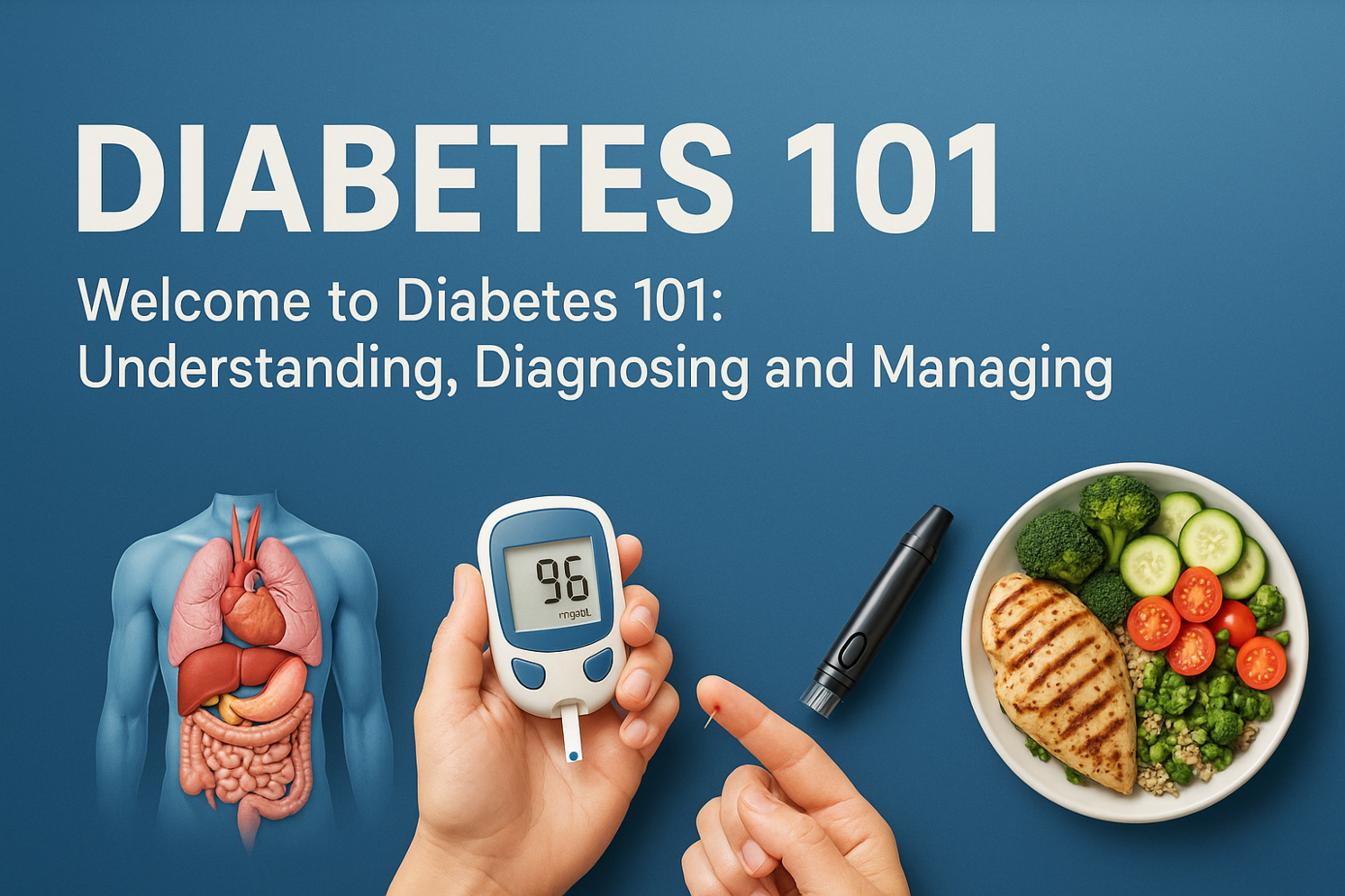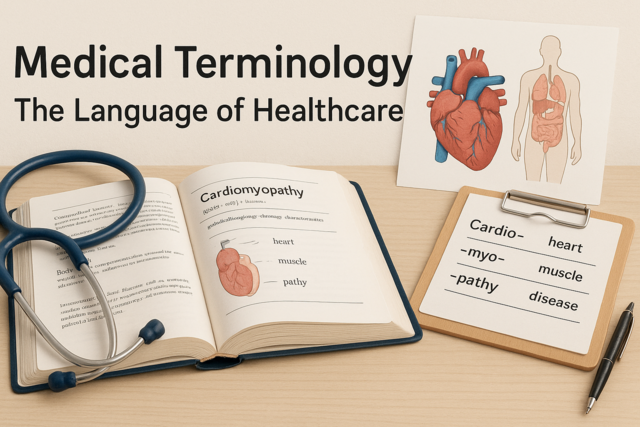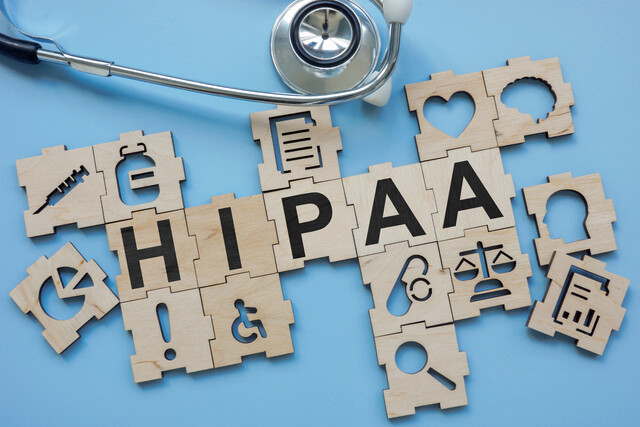Lesson 1. Medical Offices: A Brief History
From their origins in home visits, medical offices have adapted to urban demand, offering diverse services in one place, thus revolutionizing care accessibility. Modern advancements like EHRs and telemedicine improve efficiency and patient experiences in these facilities.
Lesson 2. Journey Through Specialized Healthcare: Where Expertise Meets Environment
Audiologists and chiropractors embody the specialized care provided within medical offices, leveraging unique resources like soundproof rooms and ergonomic design to enhance hearing health and neuromuscular well-being. The profound impact of their tailored services is evident in the prevention and management of common issues like hearing loss and back pain, crucial for improving quality of life.
Lesson 3. Frontline Heroes: Key Roles in Healthcare
Nurse practitioners, blending deep clinical expertise with administrative acumen, act as crucial links between doctors and patients, providing diagnosis and treatment in fast-paced settings. Their autonomous practice enhances flexibility and accessibility in healthcare services.
Lesson 4. Streamlined Practices: Effective Management in Healthcare Settings
Strategically navigating staff and patient dynamics, the office manager ensures seamless interactions with insurance companies and efficient appointment scheduling. By implementing proactive inventory management and upholding medical standards, a well-organized medical office flourishes under thoughtful leadership.
Lesson 5. Revolutionize Patient Flow with Digital Scheduling
Advanced scheduling systems in healthcare redefine patient interactions by offering nuanced features like flexible rescheduling, comprehensive patient profiles, and automated communication. This digital transition signifies not just operational improvement but a commitment to enhancing patient experiences and healthcare quality.
Lesson 6. Telemedicine and Telecommunication: Bridging Patients and Providers
The integration of telecommunications in healthcare evolves with digital trends, yet the telephone remains an indispensable patient communication tool. Effective systems require empathy and structure, ensuring each patient call supports their next healthcare steps.
Lesson 7. Efficient Healthcare Scheduling
Effective patient schedule management involves strategic time allocation for diverse appointment types, enhancing patient care. This strategic approach ensures balance between operational efficiency and individualized patient attention.
Lesson 8. Empathy and Understanding in Healthcare
Patient education is pivotal in empowering individuals to make informed decisions about their health, with tools like workshops and customized materials improving health literacy and engagement. By understanding medical advice within the context of their daily lives, patients adopt healthier practices that lead to better outcomes.
Lesson 9. Triage: Understanding and Mastering Patient Priority
Central to triage is patient assessment through strategic questioning covering demographics, symptoms, and medical history to categorize urgency, often handled by staff ranging from desk clerks to nurses based on clinic needs. Technological innovations such as virtual triage tools are also enhancing decision-making efficiency, reflecting an evolving healthcare landscape.
Lesson 10. Swift Responses: Managing Office Emergencies
The nuanced handling of medical emergencies encompasses rapid medical intervention techniques and maintaining a calm atmosphere to reassure patients. Incorporating AEDs and CPR training into regular staff education ensures readiness and effective patient support during crises.
Lesson 11. Efficient Medical Office Upkeep
A well-organized and clean medical office fosters patient trust by ensuring a professional environment committed to healthcare excellence. Key areas include efficient front desk operations, secure medical records management, and sanitized exam rooms.
Lesson 12. Optimizing Financial Operations for Medical Practices: Exploring Billing Strategies
Comprehensive financial oversight and strategic billing practices in medical offices lead to sustainable growth and increased patient loyalty. The fusion of technology in billing processes minimizes errors and allows health professionals to prioritize patient care.
Lesson 13. Navigating Medical Terminology: A Journey into Healthcare Language
CPT codes act as a universal healthcare language, facilitating streamlined documentation and accurate insurance claims. These codes, maintained by the American Medical Association, are crucial for ensuring clear communication and efficient billing across medical services worldwide.
Lesson 14. Decoding Healthcare: The Significance of Medical Coding
In medical practices, accurate coding reduces the risk of denied claims and helps avoid revenue losses, enhancing overall operational efficiency. Coders must stay updated on coding regulations and guidelines, ensuring timely and compliant submissions that facilitate patient care.
Lesson 15. Precision in Patient Records: The Vital Role of Medical Transcription
As healthcare evolves towards digital integration, medical transcription grows in significance, aiding virtual consultations and streamlining administrative tasks. By leveraging cutting-edge technology alongside human oversight, transcription services enhance the delivery of healthcare, ensuring precise communication and comprehensive patient records.
Lesson 16. Navigating the Evolution of Medical Records from Paper to Digital
Strategically chosen medical record management software can enhance operational efficiency by integrating diagnostic tools and securing patient data, vital for seamless healthcare delivery. Patients gain empowerment through improved access to records, while telemedicine bridges healthcare gaps in remote areas.
Lesson 17. Building Trust: The Intersection of Privacy and Ethics in Healthcare
In healthcare, patient trust is built on stringent privacy practices mandated by laws like HIPAA, ensuring only those directly involved in a patient's care have access to their medical data. These protocols protect patient dignity by preventing unauthorized disclosure, thus maintaining confidentiality amidst advancing digital record-keeping.
Lesson 18. Fostering Trust through Ethical Healthcare Practices
Beneficence is highlighted through scenarios involving asthma management and depression in adolescents, focusing on providing the best care possible. The lesson underscores the importance of a multidisciplinary approach in addressing complex medical conditions for the patient's benefit.
Lesson 19. Transforming Patient Experience with Advanced Diagnostic Tools
Streamlined diagnostics and effective communication in medical care form the backbone of a patient-centered healthcare experience, ensuring that no information is lost between practitioners, testing facilities, and patients. Technologies like telehealth and AI-based diagnostics help break geographical barriers and enable timely interventions, leading to improved health outcomes.
Lesson 20. Mastering the Modern Medical Office: An Education Guide
To excel in healthcare settings, medical office education combines formal learning, practical experience, and continuous training, fostering an adaptable and confident team. Diverse educational opportunities, such as online courses and certifications, help staff apply their skills in real-world contexts, improving operations and patient satisfaction.

8 Hours average completion time
0.8 CEUs
20 Lessons
19 Exams & Assignments
79 Discussions
20 Videos
25 Reference Files
117 Articles
Mobile Friendly
Last Updated February 2026












